I have implemented a single page application with AngularJS. The page consists of a content area in the middle and sections assembled around the center that show additional info and provide means to manipulate the center.

Each section (called Side Info) and the content area have a separate AngularJS controller assigned to them. Currently, I communicate via $rootScope.$broadcast and $scope.$on(), e.g.
app.controller('PropertiesController', function ($scope, $rootScope) {
$scope.$on('somethingHappened', function(event, data){
// react
});
});
I then call to communicate with other controllers:
$rootScope.$broadcast('somethingHappened', data);
I have quite a lot of communication happening between the Controllers. Especially if something is going on in the content area, several side info elements have to adopt. The other way around is also frequent: a user submits a form (located in a side info) and the content area and other side info elements have to adopt.
My question:
Is there a better way to handle SPA with heavy controller communication?
The code works fine but it is already getting a bit messy (e.g. it is hard to find which events are handled where etc.). Since the application is likely to grow a lot in the next weeks, I'd like to make those changes (if there are any better solutions) asap.